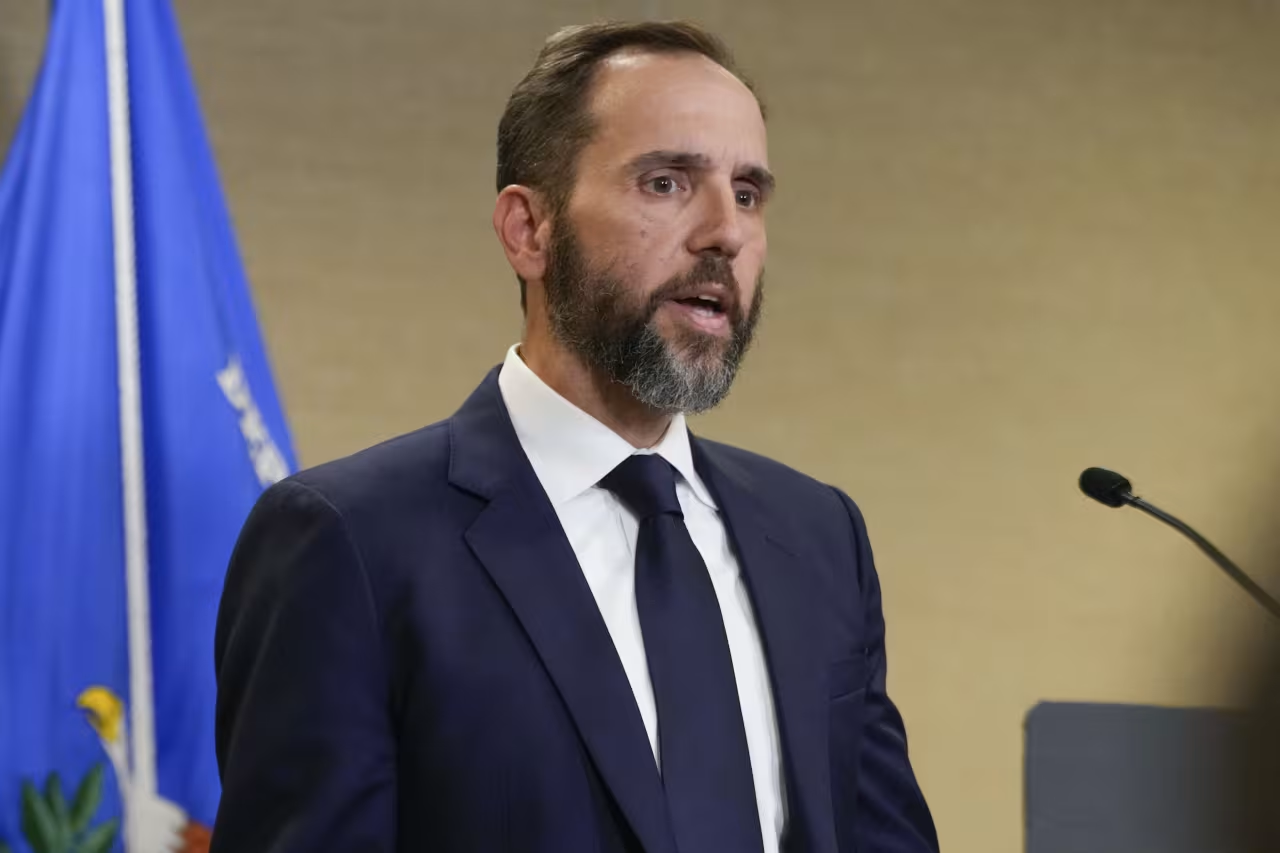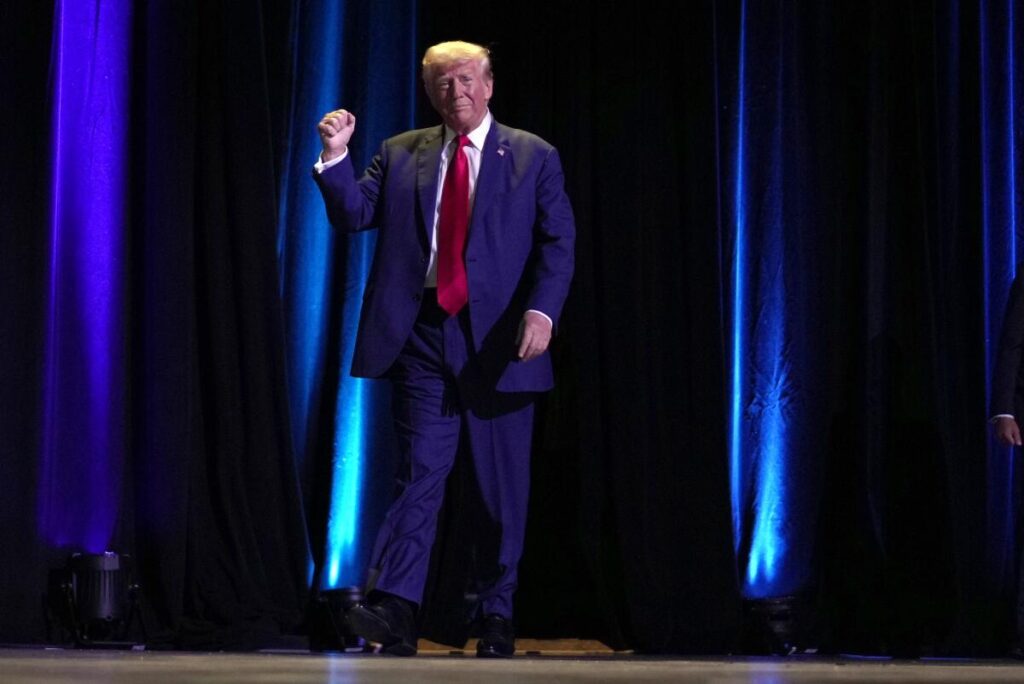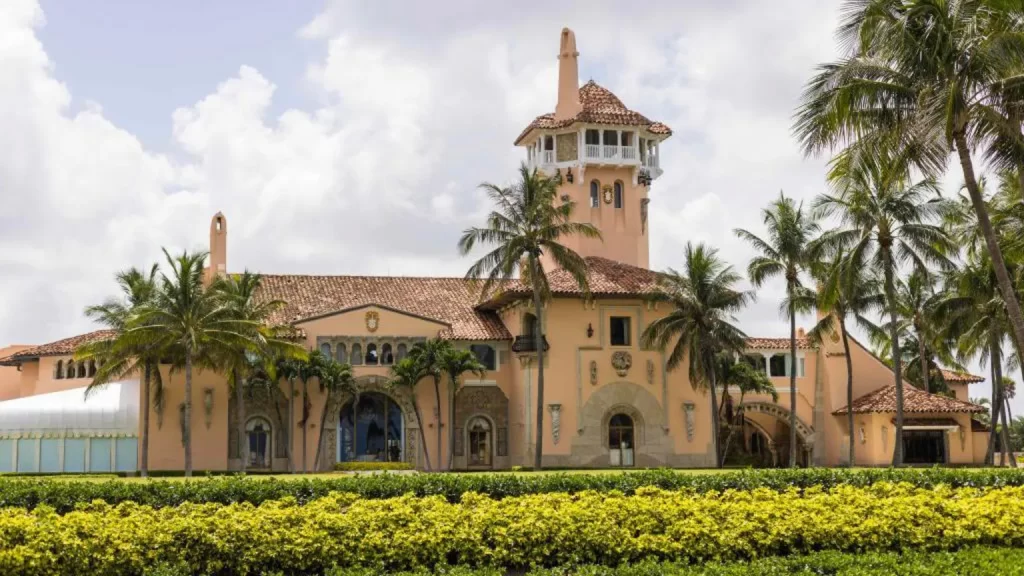In a significant development in the ongoing legal saga surrounding former President Donald Trump, Special Counsel Jack Smith has filed an appeal to resurrect the dismissed case against Trump for allegedly mishandling classified government documents.

The appeal, submitted Monday to a federal appeals court in Atlanta, challenges the July ruling by Judge Aileen Cannon in Florida that dismissed the case on constitutional grounds.
Judge Cannon, a Trump appointee, had ruled that the very existence of special counsels violated the U.S. Constitution, a decision that sent shockwaves through the legal community. Smith’s appeal argues that this view “deviated” from established legal precedent and failed to adequately consider the historical context of legally-appointed special counsels.
In his filing, Smith staunchly defended the legitimacy of special counsel appointments, citing “Congress’s endorsement of that practice through appropriations and other legislation.” The appeal asserts, “The attorney general validly appointed the special counsel, who is also properly funded.”
The special counsel’s team emphasized the long-standing practice of such appointments, referencing the landmark 1974 case against former President Richard Nixon. They argued that this precedent “conclusively defeats the defendants’ challenge to the Special Counsel’s appointment, as every other court to have considered the issue has found.”

The now-dismissed case had charged Trump with several felony counts, including willful retention of national defense information. The 37-count indictment accused the former president of keeping classified files at his Mar-a-Lago estate in Florida and lying to investigators about their presence. It also alleged attempts to obstruct the investigation into his handling of these documents.
Trump, who had pleaded not guilty to all charges, was indicted alongside his aide Walt Nauta and former employee Carlos de Oliveira, both of whom had also entered not guilty pleas.

The appeal comes at a critical juncture in the legal proceedings against the former president. Trump’s legal team has until September 26 to respond to Smith’s arguments.
The case is one of four criminal trials Trump was facing, though experts note that regardless of how this appeal proceeds, it is highly unlikely that the classified documents case would go to trial before the November presidential election.
Smith’s filing also addressed the broader constitutional implications of special counsel appointments. “Congress has bestowed on the Attorney General, like the heads of many Executive Departments, broad authority to structure the agency he leads to carry out the responsibilities imposed on him by law,” the prosecutors wrote, underscoring the legal basis for such appointments.

The appeal highlights the ongoing debate over the role and authority of special counsels in the U.S. legal system. Special counsels, appointed by attorneys general to facilitate independent, impartial investigations, possess the powers of a U.S. attorney, including the ability to subpoena records and bring criminal charges. They operate with a degree of independence from day-to-day supervision by the Justice Department.
It’s worth noting that Trump is not the only high-profile figure currently under investigation by a special counsel. President Joe Biden’s son, Hunter, is being prosecuted for gun and tax crimes by a special counsel appointed by Attorney General Merrick Garland.
The outcome of this appeal could have far-reaching implications, not just for the Trump case but for the broader understanding of executive power and the role of special counsels in the American legal system. It comes in the wake of a recent Supreme Court ruling that presidents are legally immune from certain actions they take while in office, adding another layer of complexity to the legal landscape surrounding former presidents.



